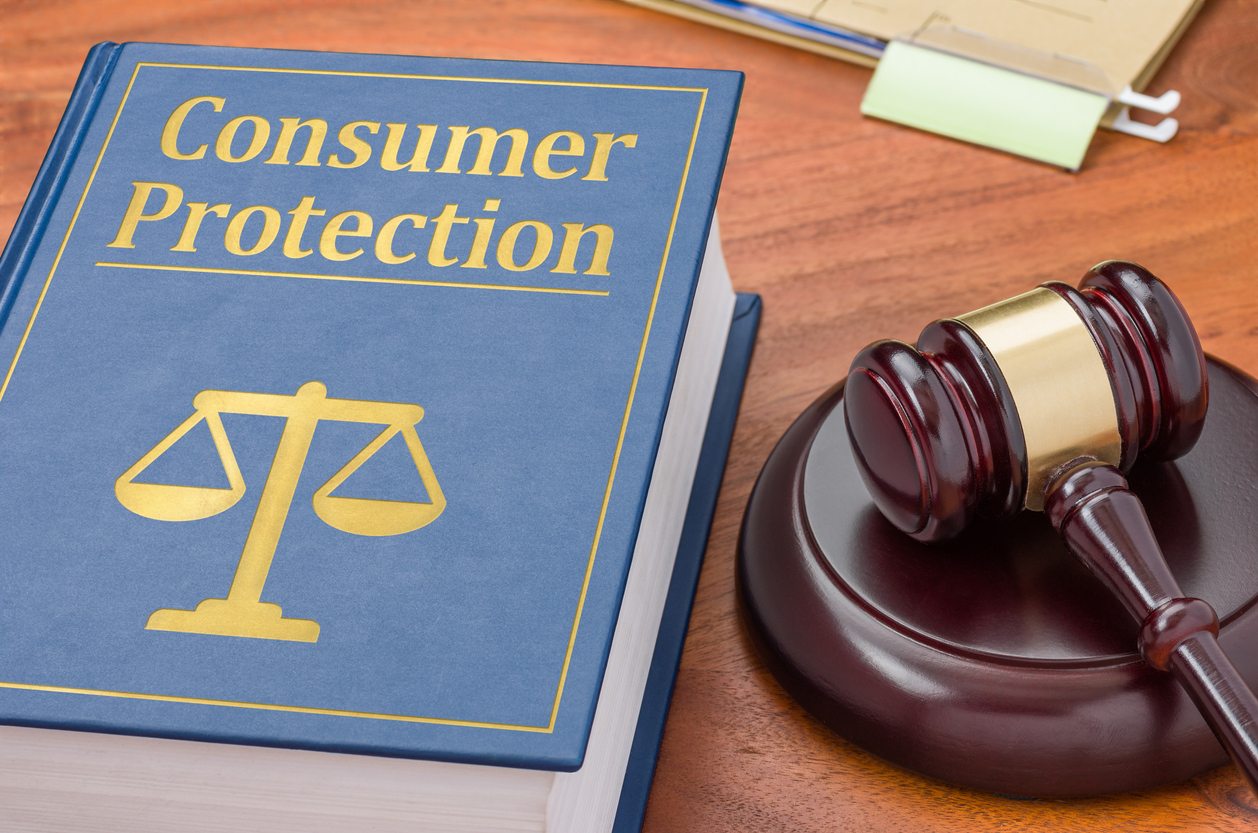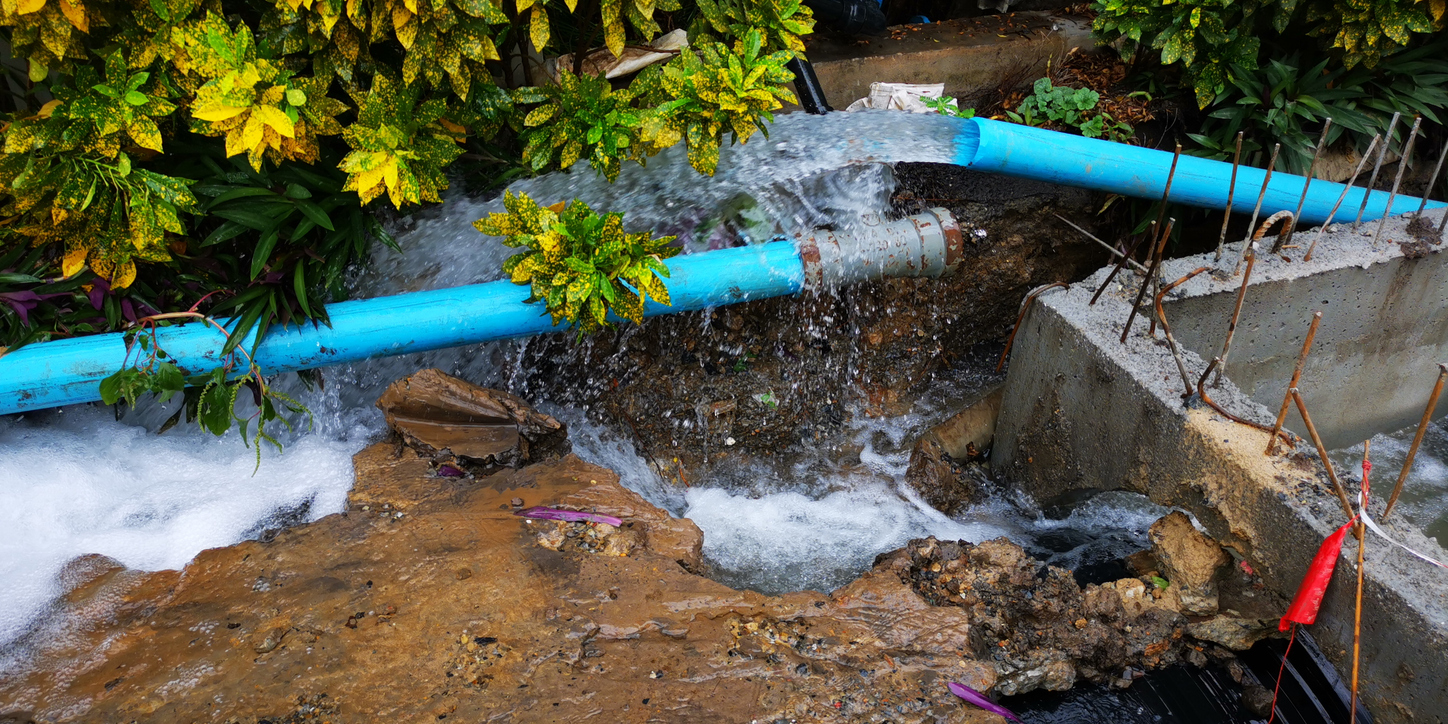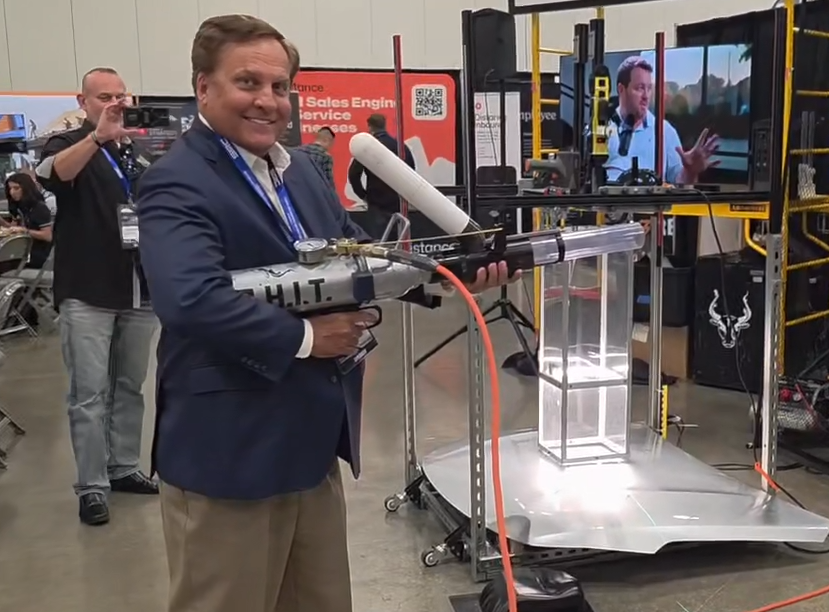One of the most painful decisions I have to make as an attorney in private practice is turning away potential clients because the cost of litigation dwarfs the value of their claim. I am certain that the public adjusters I know experience the same pain. But it is inevitable in the private sector, at least in states that lack consumer-friendly automatic attorney-fee laws, like California, where I practice. But no matter where you are, the number of mistreated policyholders vastly exceeds the caseload capacity of capable bad faith attorneys and public adjusters. I try to at least offer helpful tips to those I can’t formally represent, but I know that is often not enough.
Policyholders in this situation have other options to explore before waiving the white flag at Goliath. I have five to share in this post, and please, if you are aware of other resources, share them in the comments.
1. United Policyholders
United Policyholders (“UP”) is a fantastic non-profit organization formed many years ago by Amy Bach, who formerly was policyholder counsel in San Francisco, California. In the coming weeks our blog will feature a more in-depth post about the history of UP. But if you find yourself in need of assistance, Amy Bach’s UP can likely help. The first place to look is their online help library at uphelp.org. UP has assembled numerous guides, FAQs, tips, information from leading experts, hosts regular webinars where you can ask questions, partners with local organizations in the event of disasters, hosts informative sessions, and more. UP is a great resource because it covers all three key problem areas in the insurance world: they help communities prepare for disaster, they help communities after disaster, and they fight in the courts and legislatures to ensure the laws are fair. Additionally, UP maintains a professional directory where you can find lawyers or public adjusters who you have not yet given a call.
2. Bar Associations, Public Adjuster Associations, Public Legal Service Organizations
Another great place to turn for help if you are having trouble securing counsel or a public adjuster, are the local bar associations (attorneys) or public adjuster associations. These professional associations often have some pro bono help on staff, volunteers who may be willing to help, or may just help you locate representation.
Similarly, public service organizations exist in many places and have attorneys on staff to help those who otherwise cannot afford counsel. These organizations are funded by donations, grants, and similar methods. Some such organizations, like Legal Aid of Sonoma County, are actually quite advanced with insurance disputes because of their locale’s history with disasters.
3. State Departments of Insurance
Every state has a department dedicated to overseeing and regulating insurance companies, and most are referred to as the state Department of Insurance (“DOI”). A DOI is a usually the right place to start. Their websites usually spell out your rights for you, armed with which you might make some headway in resolving your claim. Better yet, find the consumer hotline number and call in.
DOIs also offer complaint processes. At minimum, filing a consumer complaint in most states will trigger your insurance company to have to write a letter to the DOI and to you justifying their actions. Or better yet, if the insurance company adjuster is ignoring you and you don’t even know why they are not paying, this is a great process to break through the stall.
In most cases the DOIs are unable to intervene directly. But there are exceptions. For example, in California, the DOI can require an insurer to participate in a mediation in “good faith” for certain disputes arising from a state of emergency.
4. State & Local Politicians
Many local politicians have staff dedicated to helping their constituents. It has long been a great way for politicians to support and help represent their communities – especially communities hit by large disasters. I have personally witnessed the positive effect of an elected official’s office placing pressure on an insurance company, particularly for someone who is vulnerable and cannot find help elsewhere.
Additionally, governmental entities like a district attorney’s office or a state attorney general’s office may also provide pro bono services to members of the community, including those involving insurance claims. These departments are typically referred to as “consumer protection units” or something similar. They are often staffed by law school interns and overseen by lawyers. It is worth it to check in with every such office you can before giving up.
5. Small Claims Court
If you are willing to speak with a judge for a short period of time about your situation and present documentation of your claim, small claims court may be good for you. Your dispute will have to be small enough to fall under the maximum limit, but if you have already searched and simply can’t find counsel or a public adjuster to help with your claim, it is likely your claim does. Depending on your location, the court may have a pro bono assistance office that will help you fill out paperwork to open the case. Make sure you have documents to support your case – keep in mind, if it is a fact, it needs proof. Your testimony is proof, but so is the insurance company’s.
Others?
I’m sure there are other options of which I am not aware. Perhaps there is a group or person you know in your area who you would highly recommend to someone needing help but having trouble finding it. Please feel free to leave your suggestions in the comments!




